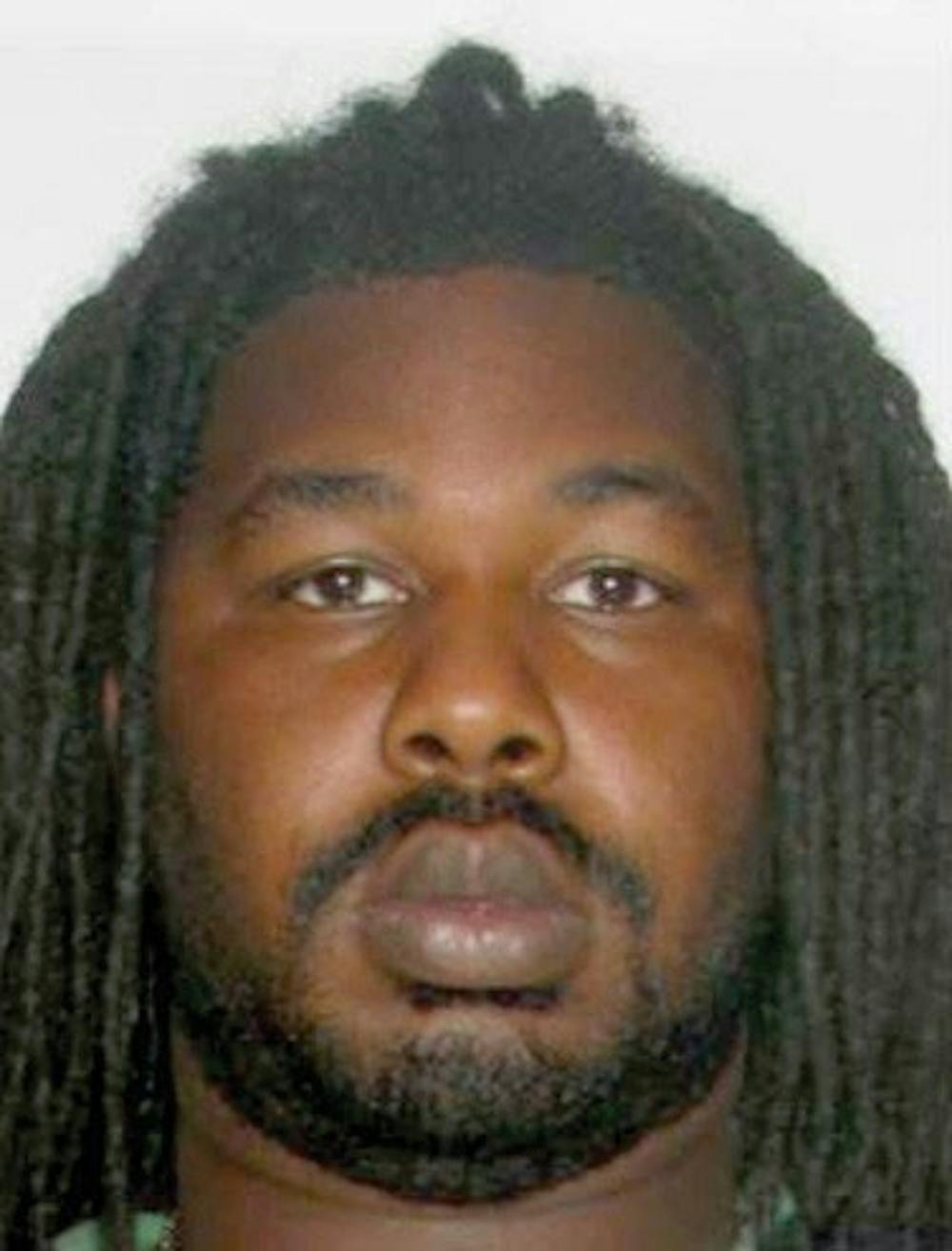Attorney James Camblos requested a psychiatric evaluation for Charlottesville resident Jesse Matthew Friday in relation to a 2005 sexual assault case. The evaluation would determine whether Matthew is competent to stand trial for the abduction with intent to defile, sexual penetration with an object and attempted capital murder of an unnamed woman in the City of Fairfax on Sept. 24, 2005.
According to authorities, the 26 year-old woman was grabbed from behind and assaulted as she was walking home, before a neighbor walked by, startling the assailant and causing him to flee.
“The suspect grabbed the victim from behind as she walked down Rock Garden Drive toward her residence,” the FBI said in a statement release in 2012. “He then carried the victim to a grassy area behind a maintenance shed, where he sexually assaulted her.”
After the DNA submitted to the FBI’s national DNA Database matched DNA found in the investigation into the 2009 death of Virginia Tech student Morgan Harrington, the FBI launched a multimedia campaign to search for the suspect in the Fairfax sexual assault.
This DNA was then connected to Matthew after he was taken into custody in September for the abduction of second-year College student Hannah Graham — who went missing Sept. 13 and whose remains were found five weeks later.
Matthew, who is currently being held in the Albemarle County Regional Jail, appeared via video link Friday in the Fairfax County Courthouse with Camblos, who is serving as Matthew’s attorney for both the Fairfax and Graham cases. Fairfax judge Dennis J. Smith, who is in charge of the trial, has not taken any action on the psychiatric request, which has been deferred until the jury has been assigned.
If Matthew is found “incompetent to stand trial,” he will be considered unable to assist in his own defense or make the decisions necessary for his defense, said University Law Prof. Richard J. Bonnie, who specializes in psychiatry and public policy.
Bonnie said a psychiatric evaluation could lead to three possible outcomes, depending on whether or not Matthew is found insane at the time of the trial, at the time of the offense or in general.
If Matthew’s sanity comes into question during the trial, he could be found incompetent for trial. He would then be committed for treatment in a facility until he was found able to stand trial.
The evaluation could delay the trial, allowing the defense to gather more evidence while Matthew receives treatment.
The evaluation could also affect sentencing if Matthew is found guilty. If the evaluation determines Matthew was insane at the time of the offense, he would be committed to a secure mental institution instead of facing jail time.
Matthew’s mental state and intellectual capacity would also hold weight if he is convicted of a capital offense, with a guilty verdict of “attempted capital murder” carrying the potential for capital punishment.
“There are many mitigating circumstances related to mental illness and diminished responsibility at the time of the offense, but none precludes a death sentence outright,” Bonnie said. “However, if he were found to have intellectual disability, a death sentence is precluded.”
Bonnie said that thus far, Matthew has not shown signs of possible mental illness.
“There has been nothing in the press accounts of this case that have yet indicated any concern about serious mental illness,” Bonnie said.
All of Matthew’s trials have been postponed until December, as requested by Camblos.





